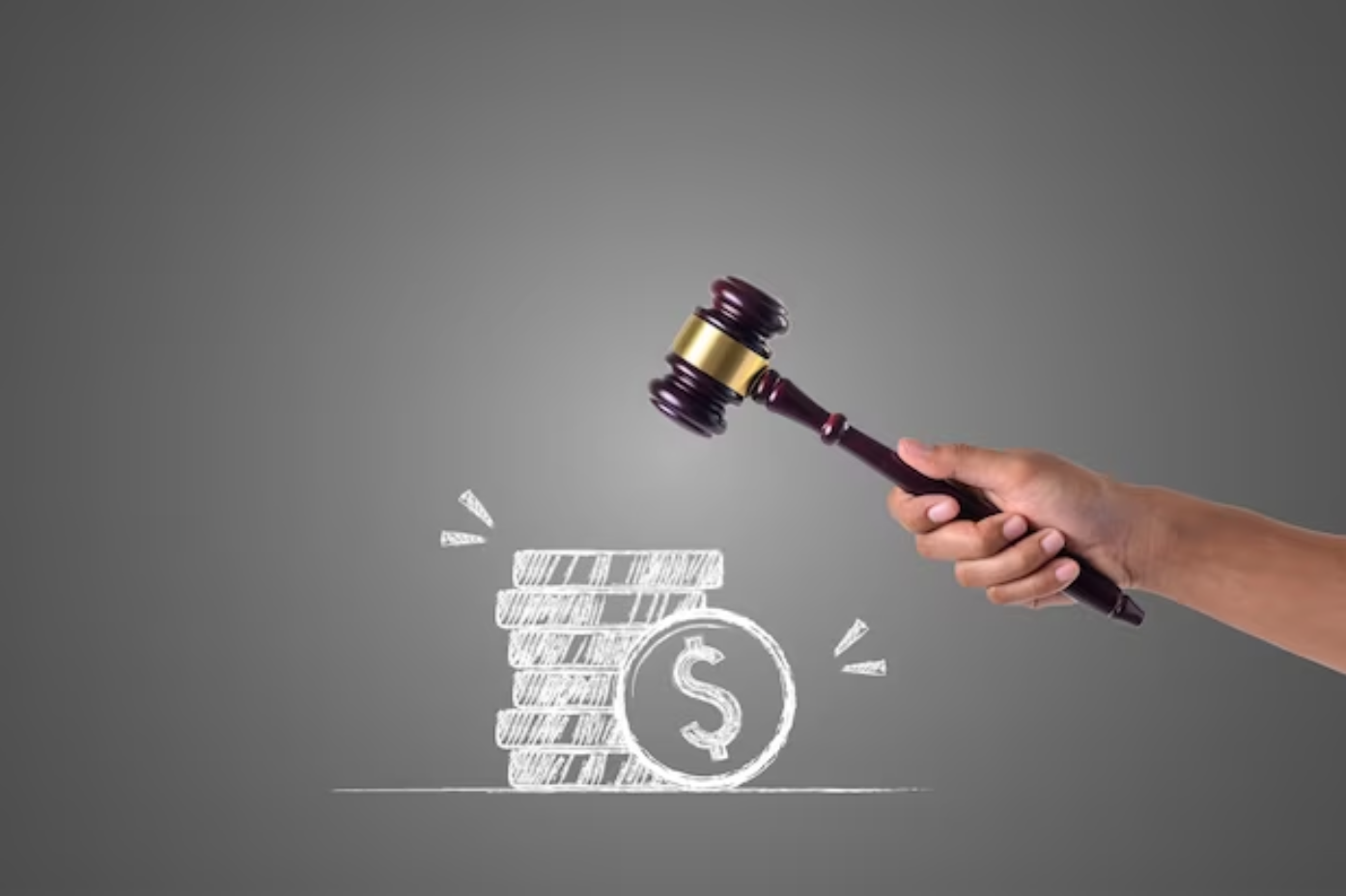It’s important for commercial creditors to understand their legal rights that provide a framework for protecting their interests and ensuring fair and transparent debt collection.
Business relationships often involve extending credit, which allows them to expand and grow. Unfortunately, sometimes disputes may arise because one of the parties may violate the contract or the initial arrangement. So, it’s essential to understand the legal rights of commercial creditors.
In this article, we will explain the rights of creditors to protect their investments and navigate the complex financial relationships with other business entities.
Creditors’ Rights During Credit Agreement Negotiation
During credit agreement negotiations, the creditors must know and use their legal rights when writing the terms and conditions of the agreement, as this is the most crucial step. These rights will be a protective measure to safeguard their interests throughout the lending process.
- One of the primary rights is the opportunity to conduct thorough research on the debtor’s financial health to assess their creditworthiness and risk factors.
- Creditors also possess the right to negotiate and establish the loan terms, including interest rates, repayment schedules, and any collateral requirements.
- They can add extra conditions to mitigate risks and enhance the likelihood of timely repayment. Creditors can negotiate specific clauses, giving them leverage in case of unforeseen events, defaults, or changing market conditions.
- Creditors also maintain the right to monitor the debtor’s financial performance during the credit agreement period, allowing them to stay informed and take appropriate actions if any financial issues occur.
- In the negotiation process, creditors may insist on including financial reporting requirements, ensuring they receive timely and accurate information to assess the ongoing viability of the debtor. Additionally, they can amend the credit agreement under certain circumstances, adapting to changing market conditions or addressing unforeseen challenges.
Despite these rights, negotiation is a two-way street, and the debtors may leverage their position to secure favorable terms. Both sides must remember that effective communication and a strong credit agreement mutually benefit. The balance of rights and responsibilities during credit agreement negotiations forms the foundation for a healthy and sustainable financial relationship between businesses.
Creditors Rights in the Event of Default
Creditors have a set of rights that protect their interests and facilitate the recovery of outstanding debts. These rights empower them to act appropriately when debtors fail to fulfill their financial obligations during default. Based on the credit agreement terms, creditors may have the right to accelerate the debt, demanding immediate payment of the entire outstanding balance. They may also have the authority to seize and liquidate collateral the borrower provides as security for the loan.
Creditors may also be entitled to pursue legal ways, such as filing a lawsuit to obtain a judgment for the outstanding debt or to offset the defaulted amount against any funds owed to the debtor.
The Rights of Legal Actions and Collateral

Business creditors have a right to legal actions designed to protect their financial interests in case of outstanding debts.
- A business creditor’s primary legal right is initiating a lawsuit against the debtor for non-payment. This legal action may result in a judgment against the debtor, allowing the creditor to pursue various legal enforcement measures to collect the commercial debt.
- Those with collateral securing the debt have the right to repossess or sell it to redeem the outstanding debt. This is another protection for creditors, ensuring they have recourse if the debtor fails to fulfill their financial obligations.
- Creditors have the right to apply for a court prejudgment decision, such as a preliminary injunction or attachment, to secure assets before a final judgment or decision is made.
- During bankruptcy, the creditors must understand the priority of claims to assert their rights and maximize their recovery.
The rights of business creditors are included in various laws and regulations, so understanding the legal rights and actions is vital for businesses that want to protect their financial interests.
The Right to Hire Third-Party Services
Business creditors have a right to hire third-party services, gaining the advantage of hiring specialized professionals such as debt collection agencies, legal experts, and financial consultants to enhance their chances of recovering outstanding debts. These third-party services often provide tailored solutions to address unique challenges.
However, it is important for creditors to perform research on the agencies, as the rights and responsibilities associated with hiring third-party services are subject to regulatory frameworks. These service providers must comply with the ethics and laws governing debt collection practices.
Collection and Recovery Rights
Business creditors possess the legal authority to pursue the collection of outstanding debts owed to them by other businesses. The collection process may involve various mechanisms, including the right of:
- Contacting debtors
- Formal demand letters
- Negotiating with the debtor
- Legal actions
- Placing liens on the debtor’s assets
- Report the debtor to credit bureaus
The recovery rights of business creditors are subject to the prevailing legal framework and vary across jurisdictions. Understanding debt collection and recovery rights is pivotal for businesses to safeguard their financial health and maintain a balanced cash flow.
Business Creditors Compliance With Fair Debt Collection Practices
Commercial creditors must follow fair debt collection practices to ensure an ethical and legal debt collection process. Commercial creditors are obligated to treat debtors fairly and refrain from engaging in deceptive or abusive practices or steps during debt collection. They must clearly and accurately communicate with the debtor about the amount owed and the collection steps.
Creditors must avoid making false representations, accusations, intimidations, or using unfair practices, such as threatening legal action or misrepresenting the consequences of non-payment. They must refrain from contacting consumers at inconvenient times or places, respecting the debtor’s right to privacy and personal life.
In addition, they should regularly review and update their debt collection policies and procedures to align with any legal requirement, demonstrating an ongoing commitment to compliance.
A Sum Up
It’s important for commercial creditors to understand their legal rights that provide a framework for protecting their interests and ensuring fair and transparent debt collection. From enforcing payment obligations to navigating insolvency proceedings, creditors’ legal rights play a pivotal role in a transparent and secure business relationship. By staying informed and using these rights effectively, creditors can lower risks, resolve disputes, and contribute to the overall stability and integrity of the financial system.
Reviewed by Giles Goodman, a Credit Industry Expert and the founder and CEO of Payfor Ltd.


Join the conversation!